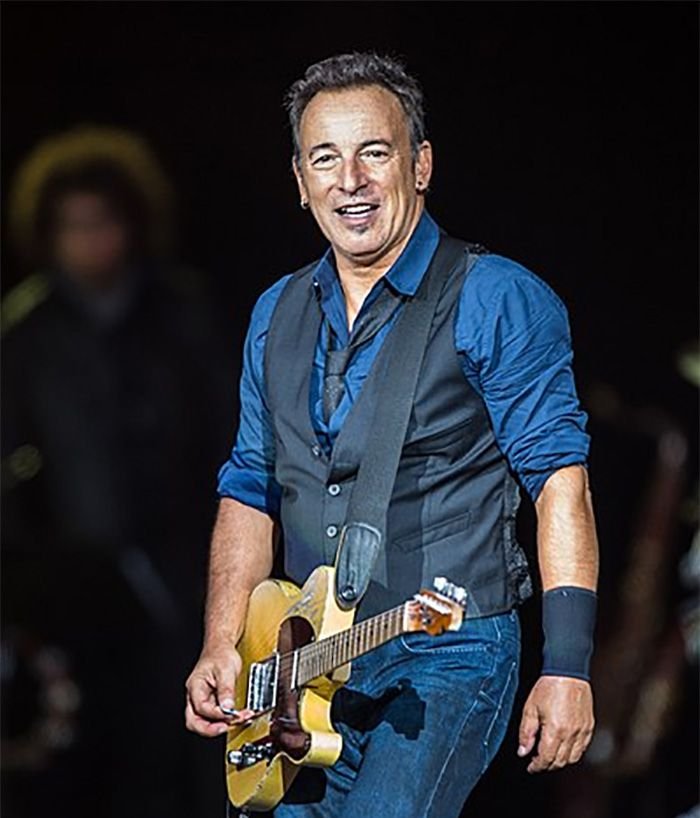The music industry has long been a breeding ground for intrigue and captivating dramas, with celebrity gossip playing a major role in shaping public perception and culture. Its magnetic appeal draws countless fans, fueling curiosity about musicians’ lives both on and off the stage. But beyond the headlines, there’s much to explore about how this phenomenon affects the music community, artists’ careers, and its broader implications.
This blog dives into the evolution of celebrity gossip in the music industry, its ripple effects, and how consumers can engage responsibly.
The Evolution of Celebrity Gossip in the Music Industry
From Elvis Presley’s rock ’n’ roll antics in the 1950s to Beyoncé’s cultural dominance today, celebrity gossip has been intricately entwined with the music industry across decades. Back then, rumor mills revolved around whispers in magazines and tabloids. Now, with platforms like Instagram and Twitter, the pace and scope of gossip have drastically expanded.
Fans are no longer passive observers; today, they’re active participants in the continuous cycle of news by sharing, debating, and dissecting every post, video, or comment. Gossip has also evolved from merely sensational speculation to culturally immersive narratives that often define artists’ brands.
Take the feud between Kanye West and Taylor Swift, for instance. It has transcended simple tabloid drama and become symbolic of power dynamics, artistic rivalry, and public scrutiny within the entertainment industry.
The Impact of Celebrity Gossip on Fans and the Music Community
Celebrity gossip can ignite fan engagement, create memorable moments, and even help drive album sales or concert tickets.
But there’s a darker side to it as well. Artists can bear emotional and reputational consequences, and fans can sometimes blur the line between enthusiasm and invasive behavior. Consider Britney Spears’ turbulent experience with media scrutiny—a glaring example of how unrelenting celebrity gossip can harm mental health.
For the music community, gossip often becomes both a valuable tool and a double-edged sword. It can launch an artist’s profile into the spotlight but may also overshadow their craft, diverting attention from their work toward their personal lives.
How Celebrity Gossip is Reported and Ethical Considerations
Celebrity gossip reporting has grown into a lucrative industry, with dedicated journalists, bloggers, and publishing platforms generating millions of views. The competition for exclusive scoops fuels an around-the-clock gossip machine.
However, the ethical challenges associated with this are apparent. Privacy invasion, misinformation, and manipulation are common criticisms of modern gossip culture. Ethical outlets must strike a balance between entertainment and respectful journalism, ensuring that their content doesn’t harm artists or perpetuate falsehoods.
Publications like Rolling Stone and influencers like @DeuxMoi have pioneered a mixture of in-depth music coverage and behind-the-scenes glimpses into artists’ lives. While some toe the line carefully, others have been called out for crossing boundaries.
Case Studies of Celebrity Gossip’s Impact on Music Careers
Specific incidents in celebrity gossip show just how impactful it can be for music careers.
- Taylor Swift and Kanye West (2009 VMA Incident)
While the controversy initially damaged Swift’s reputation for some, she leveraged this moment to build a narrative of resilience, ultimately growing her fanbase and launching highly successful albums like 1989.
- BTS and Dating Rumors
The K-pop juggernaut BTS constantly faces dating rumors, which have both strengthened their bond with ARMY (their loyal fanbase) and sparked debates about the idols’ right to privacy.
- Adele’s Divorce and Musical Marvel
During her widely publicized divorce, Adele became a source of tabloid speculation. However, she turned this scrutiny into an artistic triumph in her album 30, which addressed her personal struggles through incredible storytelling.
The Role of Social Media in the Proliferation of Celebrity Gossip
Social media platforms are the lifeline of modern celebrity gossip. Content spreads at light-speed, with fans and influencers dissecting even the smallest details.
Platforms like TikTok have introduced a layer of virality to gossip. A single tweet, video, or comment can spark global news in an instant. For example, Hailey Bieber and Selena Gomez’s long-publicized interactions recently became a hot-button topic, consuming social feeds, encouraging fan contributions, and fueling heated debates.
Social media also fosters parasocial relationships between fans and celebrities. This dynamic often amplifies emotional investment in gossip, creating an ecosystem where fans feel deeply tied to every update, either in defense of or against their favorite artists.
Tips for Responsible Consumption of Celebrity Gossip
Not all gossip is created equal, and consumers have a role in fostering a healthier ecosystem. Here’s how you can engage responsibly with celebrity news and gossip in the music industry:
- Verify Sources
Before sharing any gossip, check the credibility of the source. Misinformation can have far-reaching consequences.
- Respect Privacy
Remember, artists are human. Avoid supporting content that violates their privacy or fuels undue harassment.
- Focus on Music, Not Drama
While gossip can be thrilling, shift focus back to the artist’s talent and their contributions to music.
- Consume Entertainment Thoughtfully
Engage with reputable outlets that prioritize ethical reporting over sensationalism.
- Think Before Commenting
Harsh or invasive online comments contribute to harmful noise. Respect and empathy go a long way online.
What’s Next for Celebrity Gossip in Music?
The future of celebrity gossip in the music industry will likely be shaped by technological advancements. AI tools, for instance, already help analyze trending celebrity topics, and virtual influencers may soon redefine what (or who) fuels gossip.
Simultaneously, artists themselves are claiming control of their narratives. Platforms like Instagram, TikTok, and YouTube allow artists to address gossip directly, sidestepping intermediaries altogether. This trend empowers musicians to shape their public personas, blending transparency with tailored storytelling.
For fans, the key is striking the right balance—enjoy the entertaining buzz of celebrity gossip without allowing it to overshadow what truly matters in the music industry: the art itself.

